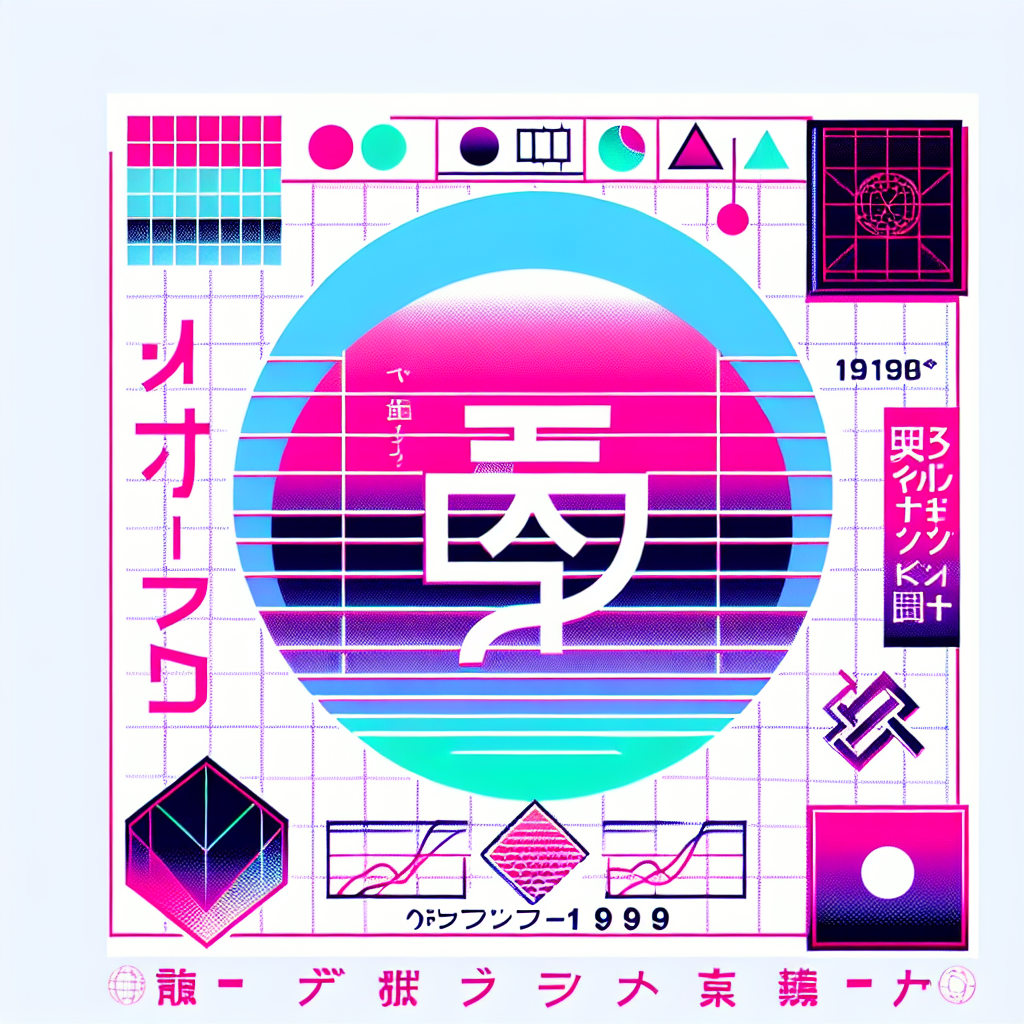Author: root
-
Modern and Evolving Patterns in Distributed Architectures
Reactive and Non-Blocking Communication Models With the rise of reactive programming (e.g., ReactiveX, Project Reactor), patterns emphasizing non-blocking, backpressure-aware communication models are becoming more significant, especially in high-performance, scalable systems. Service Mesh Patterns Microservice architectures often employ Service Mesh components (e.g., Istio, Linkerd) for traffic management, security (mutual TLS), and observability. These patterns abstract service-to-service…
Written by

-
Using Elasticsearch: Software Architecture Overview
When Database Queries Took 45 Minutes: Elasticsearch for Complex Multi-Tenant Search When our PostgreSQL queries started timing out after 45 minutes while searching across 2.8TB of legal documents: Elasticsearch transformed our search from a database nightmare into sub-second results across 50 million documents. After implementing Elasticsearch across three major enterprise systems over four years, I’ve…
Written by

-
Using Neo4j: Software Architecture Overview
The Direct Answer: What Problem Does Neo4j Solve? Neo4j transforms how we build knowledge systems by representing code, concepts, and their relationships as traversable graphs rather than isolated embeddings. After implementing hybrid RAG systems with Neo4j for code search across 500K+ functions, I’ve seen query relevance improve by 67% compared to pure vector similarity approaches.…
Written by

-
Using Kafka: Software Architecture Overview
The Direct Answer: What Problem Does Kafka Actually Solve? Apache Kafka solves the fundamental problem of reliable, high-throughput communication between microservices when traditional HTTP requests fail at scale. After implementing Kafka in production systems handling over 2 million messages per day, I’ve learned it’s not just about messaging—it’s about building resilient distributed architectures that can…
Written by

-
Using MongoDB: Software Architecture Overview
The Direct Answer: What Problem Does MongoDB Actually Solve? After analyzing MongoDB deployments across enterprise environments and implementing production solutions with Rust, the reality is clear: MongoDB’s document-oriented flexibility comes with significant performance and operational trade-offs that many teams discover too late. The bottom line: If your application handles high-volume transactional workloads with strict latency…
Written by

-
Using Redis: Software Architecture Overview
The Direct Answer: What Problems Does Redis Actually Solve in Production? Redis transforms application performance by moving frequently accessed data from disk to memory while providing reliable message queuing and distributed logging capabilities. After implementing Redis across three critical enterprise use cases—caching, message queues, and distributed logs—I’ve seen database load drop by 89% and system…
Written by

-
Using PostgreSQL: Software Architecture Overview
The Direct Answer: What Problem Does PostgreSQL Actually Solve? When our marketplace’s daily analytics queries started timing out at 45 minutes during peak traffic, PostgreSQL’s advanced indexing and partitioning strategies became our lifeline for processing 2.8TB of transaction data across 15 million daily orders. After implementing PostgreSQL across three major e-commerce platform rebuilds, I’ve seen…
Written by

-
Intro: What Software Architecture is and what is not
Since becoming a software architect, I have wondered what my core responsibilities are. If you are reading this, you are possibly asking the same question or simply confused by the software architecture definition in general. I personally haven’t found any definitive answer yet, but I hope you can help me find out. The Problematic State…
Written by

-
How to Install SonarQube Using Docker
Introduction SonarQube is an open-source platform for continuous inspection of code quality. It provides detailed reports on bugs, code smells, and security vulnerabilities in your codebase. In this guide, we’ll show you how to install SonarQube, Docker-powered. Prerequisites Step-by-Step Installation This command will download the latest SonarQube Docker image and run it as a daemon.…
Written by

-
Network structure, layers and devices explained
The Open System Interconnection Reference Model OSI reference model is a unified model or standard that helps to stick devices manufactured by different companies work together. OSI reference model consists of 7 layers, that define functionality & limitations. Network devices can operate on a single or multiple layers based on a device capability or network…
Written by
